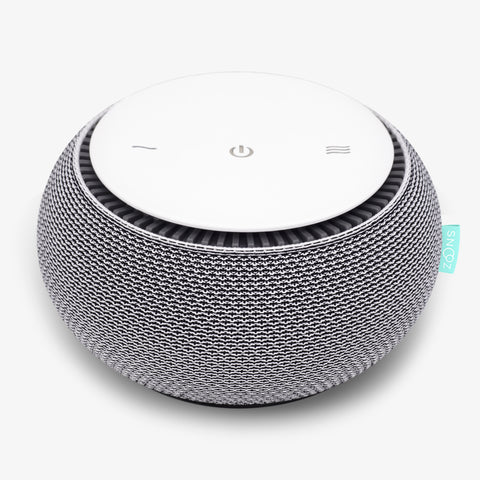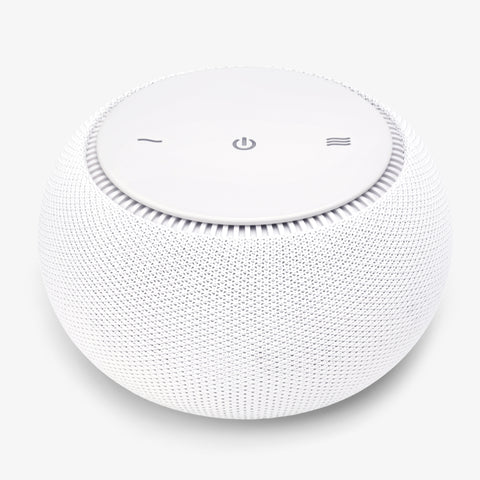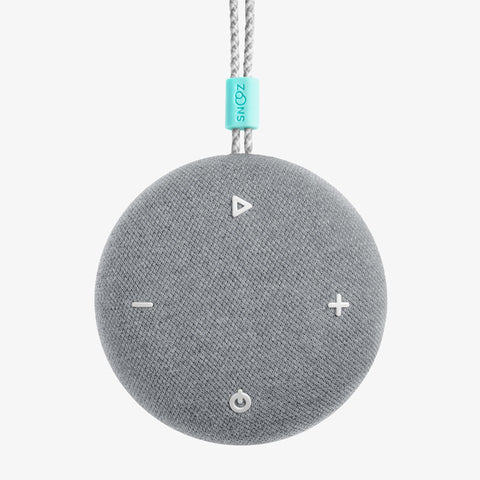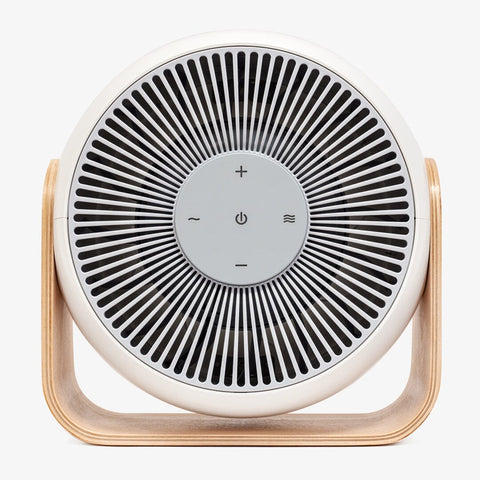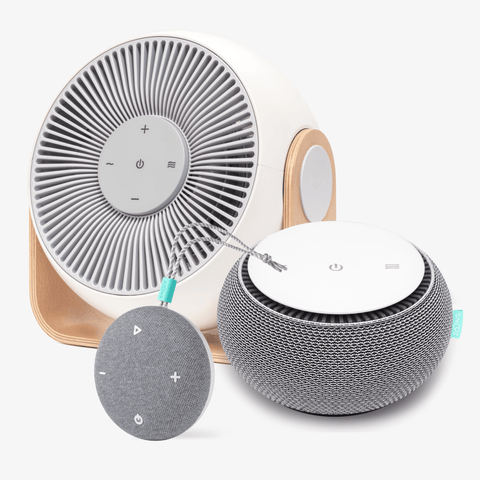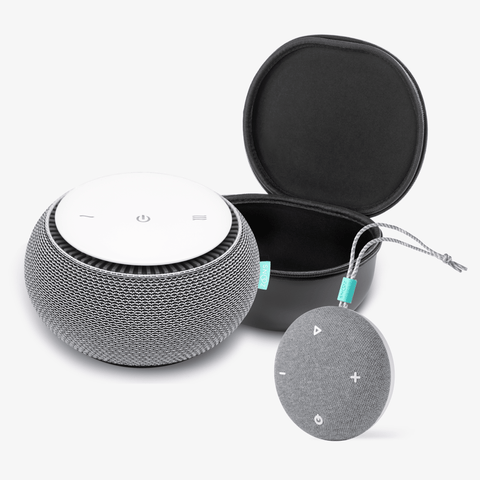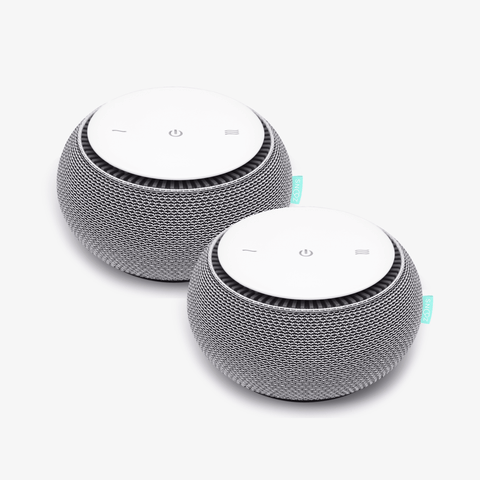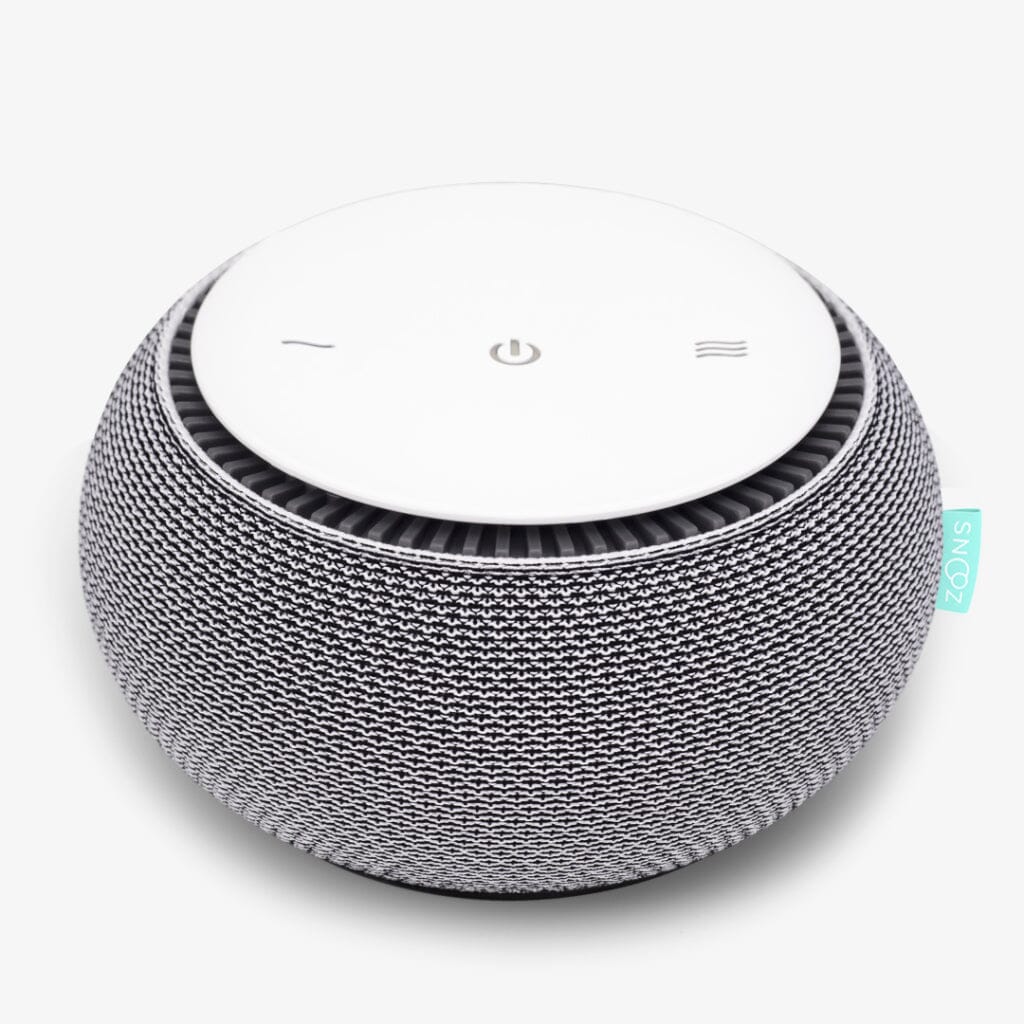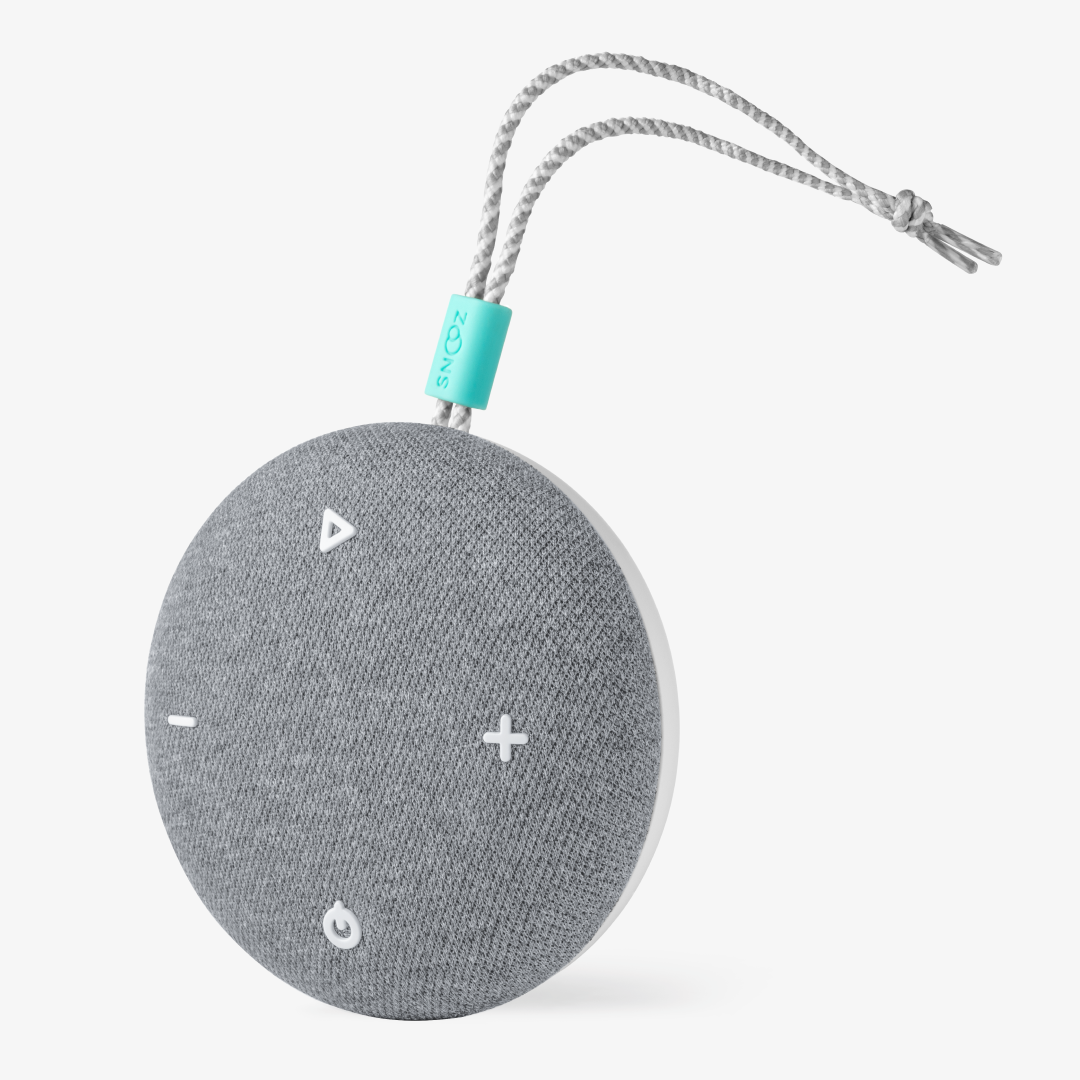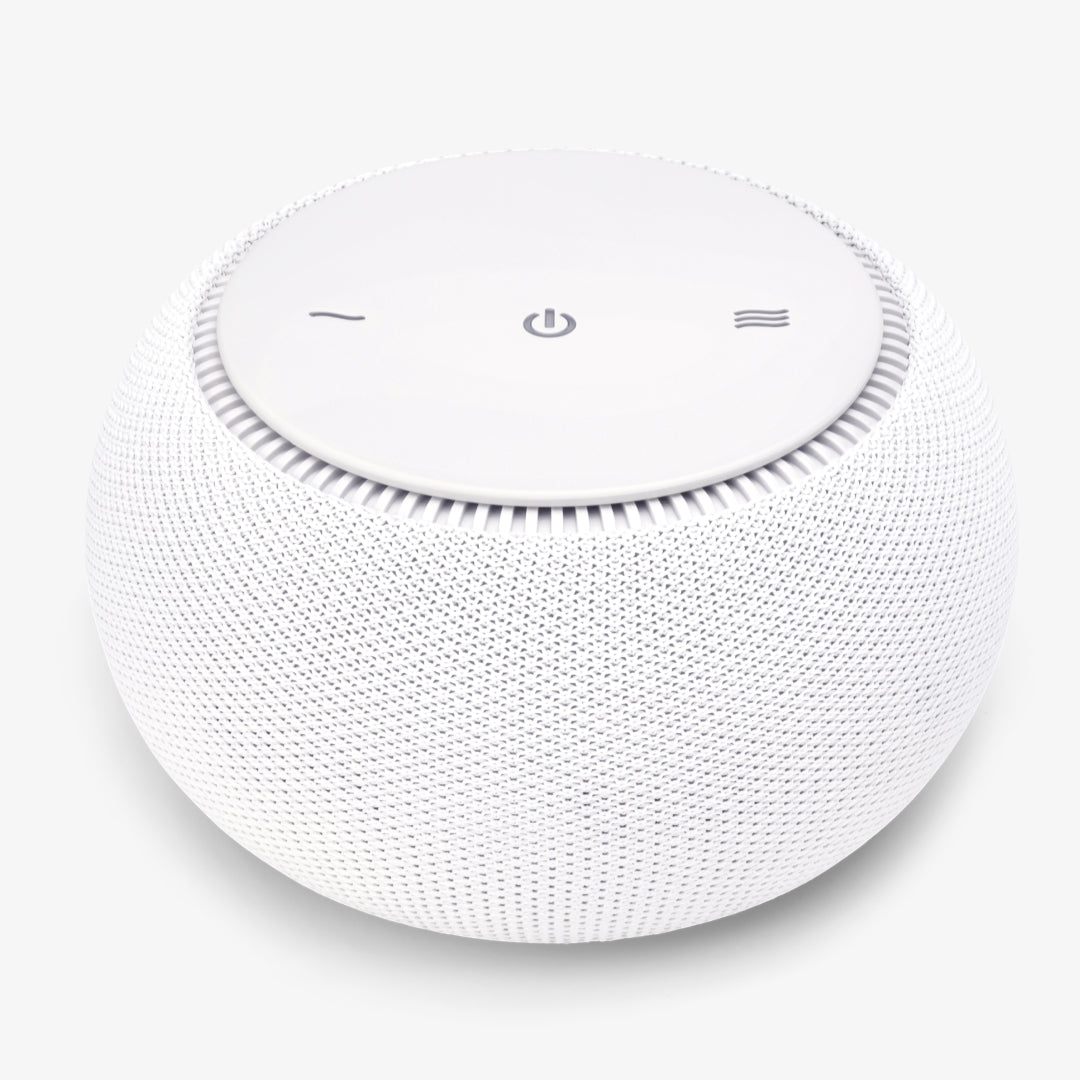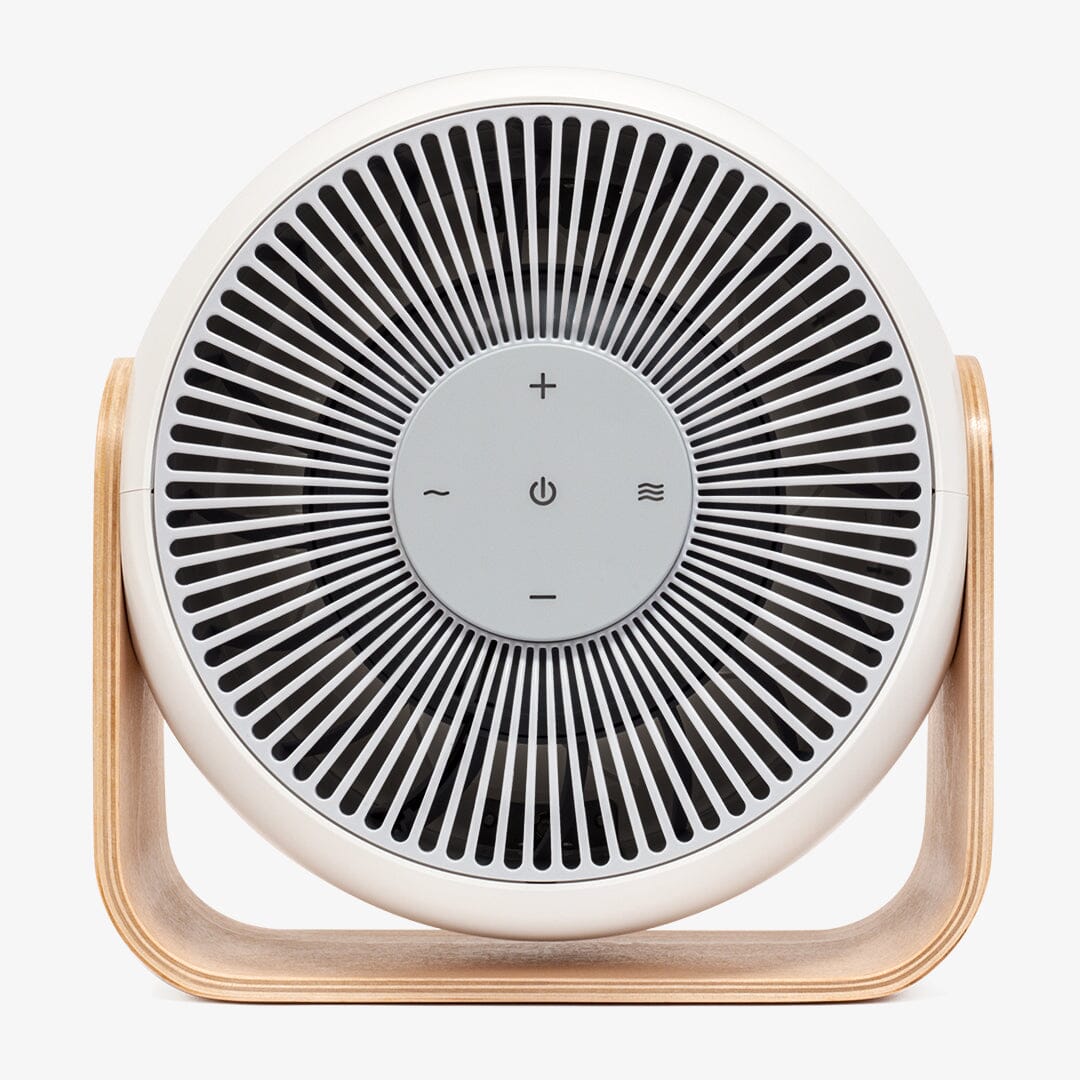For many people, getting a good night's sleep can be a struggle. One way to promote better sleep is by regulating the body's internal biological clock, or circadian rhythm, through the use of zeitgebers.
What is a Zeitgeber?
Zeitgebers are external cues that help synchronize an organism's internal clock with the external environment, and they play an important role in regulating the sleep-wake cycle. One type of zeitgeber that has gained popularity in recent years is white noise, which can be produced by a sound machine.
What is White Noise?
White noise is a type of sound that contains all frequencies at equal intensity. It is often described as a "hissing" or "shushing" sound, and it can be produced by a variety of sources, including fans, air conditioners, and sound machines. White noise is often used to mask unwanted sounds or to create a soothing background noise, and it has been found to have a number of potential benefits for sleep.
How Does White Noise Work as a Zeitgeber?
White noise can act as a type of zeitgeber because it provides a consistent and predictable external cue that can help regulate the sleep-wake cycle. By masking other sounds and providing a constant background noise, white noise can help promote a sense of calm and relaxation, which can facilitate the onset of sleep. Additionally, the use of a sound machine can help establish a routine sleep environment, which can help signal to the body that it is time for sleep.
Research on White Noise and Sleep
Many studies have investigated the potential benefits of white noise for sleep. For example, a study published in the Journal of Caring Sciences found that white noise improved the quality of sleep and reduced the amount of time it took participants to fall asleep. Another study published in the Journal of Sound and Vibration found that white noise improved sleep efficiency and reduced the number of nighttime awakenings.
In addition, research has found that white noise can be particularly beneficial for people who are subject to high levels of environmental noise. For example, a study published in the Sleep Medicine, found that white noise may be an effective tool to improve sleep in noisy city settings.
Conclusion
White noise is a type of sound that can act as a zeitgeber to help promote better sleep. By providing a consistent and predictable external cue, white noise can help regulate the sleep-wake cycle and facilitate the onset of sleep. Research has found that white noise can improve the quality of sleep, reduce the amount of time it takes to fall asleep, and reduce the effects of noise on sleep in people who are sensitive to noise.
If you struggle with getting a good night's sleep, consider incorporating a sound machine that produces white noise into your sleep routine.

